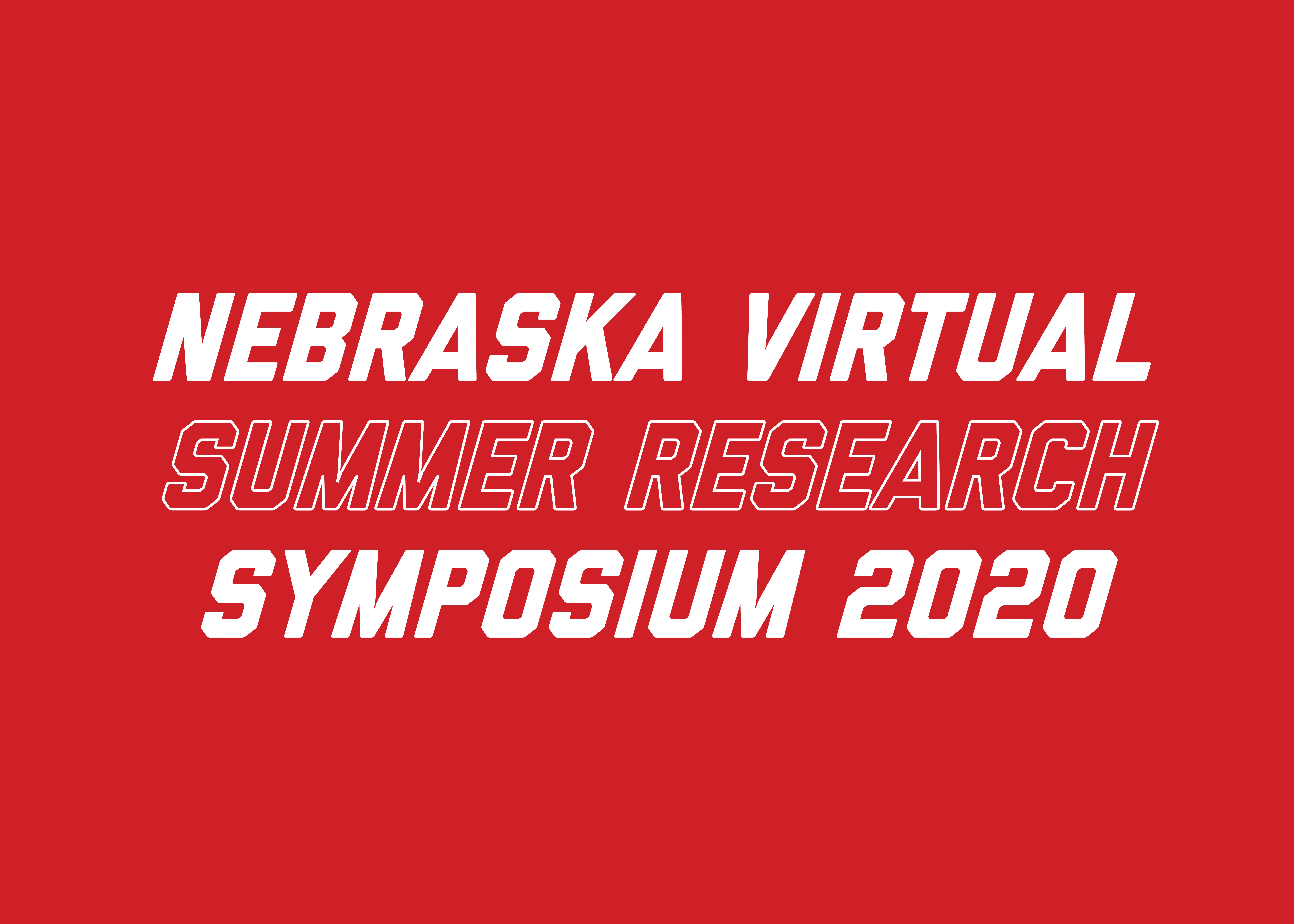Aug 20, 2020
By Victoria Grdina

Distance learning hasn’t stopped Computer Science and Engineering students from expanding their knowledge and conducting groundbreaking research with our faculty in recent months.
Junior Eylon Caplan recently presented his UCARE project, “Improving Accuracy of Rare Classes in Machine Learning Classifiers,” at the University of Nebraska–Lincoln’s Virtual Summer Research Symposium.
Caplan spent his summer studying machine learning fundamentals with assistant professor Mohammad Hasan. After taking one of his courses last fall, Caplan became interested in assisting Hasan in his machine learning research, and was awarded a Summer 2020 UCARE grant to do so.
“Our project had the goal of improving accuracy of rare classes with respect to machine learning classifiers,” Caplan said. “In order to tackle a complicated problem like that, I actually started out by learning about all different kinds of machine learning models along with their strengths and weaknesses.”
Though the project required advanced machine learning knowledge, Caplan was able to develop the necessary skills for his research at an impressive speed.
“I was surprised to see how quickly Eylon grasped the ML concepts and honed his practical skill by experimenting with a sample dataset,” Hasan said. “At one hand he had to learn fast, on the other hand he had to make sure that his knowledge translates meaningfully towards advancing the research goal. This is a tall task for an undergraduate student.”
Hasan has been collaborating with an interdisciplinary team of university researchers that includes assistant professor Andrew Little from the School of Natural Resources and computer science and engineering associate professor Stephen Scott. The team’s project aims to design a Deep Learning-based system that is able to accurately and efficiently classify thousands of images of wildlife animals obtained from motion-sensor cameras.
“The goal of our research project is to leverage the advancement in Machine Learning to develop a generalizable and scalable solution approach that can automate the classification of images across a broad spectrum of ecosystems with high accuracy and at a lower cost as compared to existing state-of-the-art ML-based approach,” Hasan said.
Over the summer, Caplan focused on classification of specific datasets with guidance from Hasan.
“Particularly I wanted him to learn techniques for classifying heavily skewed dataset with high accuracy,” Hasan said. “In the camera-trap image datasets, we have some species with very small number of pictures, due to which identification of these animals is challenging.”
For Caplan, Hasan’s guidance was extremely valuable, particularly because it allowed him to explore new concepts.
“What I really admired about Dr. Hasan’s guidance was that he would give me a goal specific enough such that I knew what to do, but vague enough such that I had to solve several sub-problems and I could experiment on my own.”
Caplan this learning experience will benefit him greatly in his computing career moving forward.
“This summer was an amazing opportunity to learn these complicated techniques from a very high level, and having an expert in the field at every step of the way allowed me to ask about anything that I didn’t fully understand,” Caplan said. “I think that now I have a very good basis for any machine learning project, and I feel ready to uncover more research at higher levels that interest me just as much.”
Hasan hopes Caplan will contribute to more machine learning projects in the future by joining his research group.
“What made him outstanding is his persuasiveness to dig a problem as deep as possible within the capacity of his knowledge,” Hasan said. “It is fortuitous get a student like Eylon who is both smart and passionate about his work.”